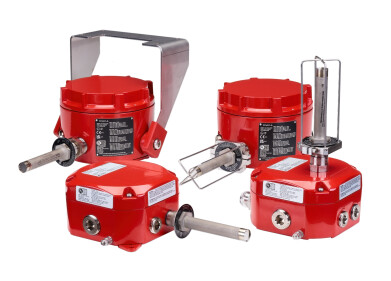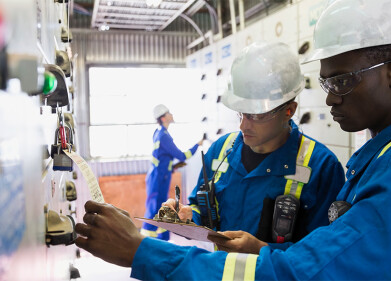Safety
How Does Plastic Gain from Crude Oil's Loss?
Jul 12 2017
While the global oil price crash may have left the crude industry reeling, the plastics sector is sitting pretty. From agriculture and pharmaceuticals to electronics and automotives, plastic is the workhorse material of the modern economy. And now, the industry is enjoying a renaissance.
Plastic is derived from refined petroleum products, which means the industry is heavily influenced by oil prices. When crude crashed, the cost of manufacturing plastics dropped significantly. This bolstered the market, and triggered a boom in both demand and production.
The environmental burden of cheap plastic
While it’s good news for plastics manufacturers, the environmental impact is concerning. As oil prices plummet, so too has the market for recycled plastics. According to analysts, cheap oil means manufacturing new plastic is now more cost efficient than recycling existing plastic.
The recycling process calls for a huge amount of water and energy, as well as a labour intensive sorting process. As a result, companies that previously embraced recycled plastic are now opting to purchase brand new plastic.
This has led to a global drop in the demand for recycled plastic, with the New York Times reporting that Waste Management - the USA’s largest waste hauler - was forced to shut down 20 facilities in 2014 and 2015. In the face of decreased demand and shrinking profit margins, this trend is likely to continue.
A new era of eco friendly plastics
With the plastics industry thriving and the recycling sector slowing down, environmental activists are justifiably concerned. But it’s not all doom and gloom. Exciting new developments are continually breaking ground, with the University of Bath one of the latest trailblazers. Working from the university’s Centre for Sustainable Chemical Technologies, a team of scientists successfully manufactured biodegradable plastics from little more than sugar and carbon dioxide. Swapping carbon dioxide for the highly toxic chemical phosgene, the process produces a plastic that’s free from BPA. This makes it both safer, and cleaner.
Dr Antoine Buchard, Whorrod Research Fellow in the University's Department of Chemistry explains, "With an ever-growing population, there is an increasing demand for plastics. This new plastic is a renewable alternative to fossil-fuel based polymers, potentially inexpensive, and, because it is biodegradable, will not contribute to growing ocean and landfill waste.”
Despite its environmental burden, plastic is often a key component of laboratory equipment like multi-bed Supelclean™ Ultra 2400 SPE cartridges. ‘New SPE Cartridge for Residue Analysis in Spices, Teas, and Other Dry Commodities’ offers an in-depth look at how the technology cleans up extracts from dry or difficult samples, and offers an optimal balance between analyte recovery and interference removal.
Digital Edition
PIN 25.5 Oct/Nov 2024
November 2024
Analytical Instrumentation - Picturing Viscosity – How Can a Viscometer or a Rheometer Benefit You? - Sustainable Grease Formulations: Evaluating Key Performance Parameters and Testing Method...
View all digital editions
Events
Nov 26 2024 Paris, France
Nov 26 2024 Amsterdam, Netherlands
Nov 27 2024 Istanbul, Turkey
Biogas Convention & Trade Fair 2024
Nov 27 2024 Hanover, Germany
Dec 03 2024 Dusseldorf, Germany



















